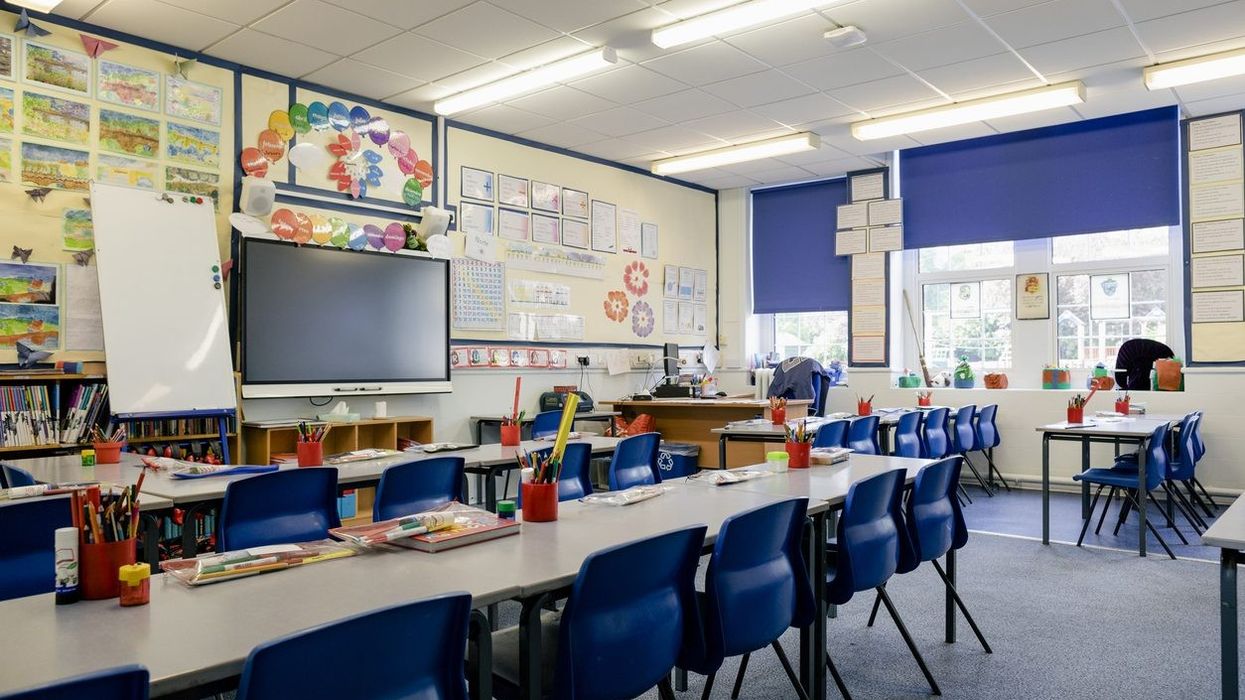Sex education will not be taught to children under five, and parents will have the right to see the relationships, health and sex (RSHE) resources that are being used to teach their children.
These are some of the recommendations made in the updated draft guidance provided by the Department for Education. The guidance aims to ensure that RSHE content is factual, appropriate and children can understand them.
The department came up with this guidance following multiple reports of disturbing materials being used in RSHE lessons.
The draft guidance is now open to consultation. When final, it will be statutory and schools will be expected to follow it.
New age limits will be introduced so that children are not introduced to content they may not have the maturity to understand. Sex education will not be taught to children under five, and for those above that age it will be from a purely scientific standpoint.
At secondary school pupils will learn about legally ‘protected’ characteristics, such as sexual orientation and gender reassignment, but they will not be taught about the concept of gender identity.
The guidance states that in light of the Cass Review, "it is important that schools take a cautious approach to teaching about this sensitive topic, and do not use any materials that present contested views as fact, including the view that gender is a spectrum."
The guidance has also been strengthened to help young people to understand the benefits of rationing time spent online and the impact on their wellbeing, and the serious risks of viewing content that promotes self-harm and suicide.
The draft also includes a dedicated section on sexual harassment and sexual violence. This covers some specific types of abusive behaviour that were not explicitly discussed previously, such as stalking, as well as advice for teachers about how to address misogynistic online influencers.
Education Secretary Gillian Keegan said the updated guidance aims to protect children, and let parents know what their children are being taught. “It will support schools with how and when to teach often difficult and sensitive topics, leaving no doubt about what is appropriate to teach pupils at every stage of school."
Prime Minister Rishi Sunak said, “Parents rightly trust that when they send their children to school, they are kept safe and will not be exposed to disturbing content that is inappropriate for their age. That’s why I was horrified to hear reports of this happening in our classrooms last year." The new proposals come after the prime minister brought forward a review of statutory RSHE guidance for schools in March last year.
James Grimes, Head of Prevention at Gambling with Lives said, "We welcome this guidance as the Department for Education is learning from gambling-related deaths and lived experience of addiction.




